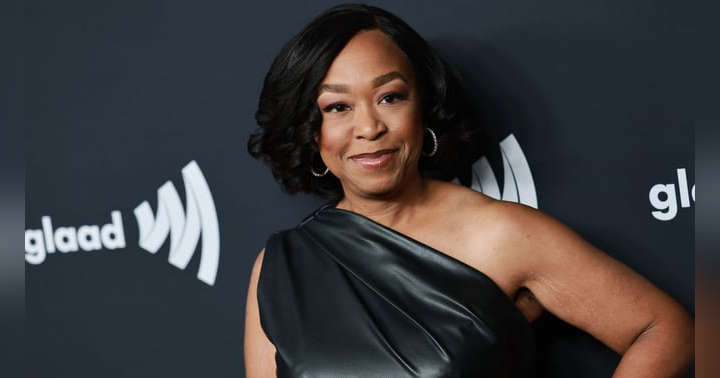What Entrepreneurs Can Learn from Rick Rubin’s Philosophy of Vibe Coding

In an episode of the a16z Podcast, music producer Rick Rubin joins Marc Andreessen and Ben Horowitz—not to talk about beats or bands—but about coding, AI, and ancient wisdom.
Yes, that Rick Rubin—founder of Def Jam, architect of hip hop’s rise, and spiritual consigliere to artists from Johnny Cash to Kanye—has entered the tech conversation with something he calls “Vibe Coding.” It’s part philosophy, part software, and entirely unexpected.
At its core, Rubin’s vision is about making art in the age of AI. But the insights ripple far beyond the studio—to startups, creators, and entrepreneurs everywhere.
What Is Vibe Coding?
Rubin's new project, The Way of Code, fuses the 3,000-year-old Tao Te Ching with generative AI prompts. On the surface, it's a book. But in his hands, it's also an interactive tool, a remix engine, a creative sandbox.
"It's the punk rock of software," Rubin says.
Just as punk made music accessible to anyone with three chords and a message, Rubin sees AI tools doing the same for creativity, software, and entrepreneurship. You no longer need elite credentials or technical virtuosity. You just need taste, vision, and the willingness to remix.
Why Founders Should Think Like Artists (and Vice Versa)
Rubin makes a bold claim: the best art doesn’t come from knowledge—it comes from belief.
“The AI can’t invent flight before the Wright brothers. It can only regurgitate what they did,” he explains. “We make breakthroughs not by knowing more, but by believing in something that can’t be”.
For entrepreneurs, this is a gut-check. Startups live or die on belief in the seemingly impossible. It’s not about being right from the start. It’s about being honest with your vision—and iterating relentlessly.
Remix Culture: Everything Is a Sample
Rubin sees all creativity as remixing. “All art is a version of sampling,” he says. “It doesn’t start from zero”.
This isn’t just about music. It’s about building companies, products, movements. You're remixing code, customer feedback, investor advice, your lived experience. Originality isn’t about creating in a vacuum—it’s about finding new arrangements, new harmonies.
Why Simplicity Wins (Even in a Complex Tech World)
One of the most powerful stories Rubin shares is from producing Johnny Cash's later albums. After trying to polish and perfect in the studio, Rubin realized the raw, living-room demos were better.
“The thing we started with—the thing we didn’t think was the thing we were making—was actually the most powerful,” he reflects.
That’s a lesson for founders lost in feature creep and product bloat. Sometimes the MVP—Minimum Viable Poetry—is the truest thing you’ve got.
Taste Is the New Skillset
You don’t need to be the best coder, writer, or marketer anymore. AI levels the playing field. But what remains scarce—and invaluable—is taste.
Rubin puts it simply: “Now anyone who sees themselves as an artist has a new tool at their disposal. The ones who thrive will be the ones who know what good feels like”.
Startups, like songs, rise or fall on whether they resonate. And resonance begins with self-awareness.
The Risk of Homogenization—and the Rebellion Against It
Rubin warns of a coming monoculture—where algorithms, trends, and sameness flatten everything. The antidote? Personal, subversive creativity.
“Be able to say: This isn’t for me,” Rubin advises. “Even if everyone else says it’s great.”
Whether you're building the next SaaS tool or writing your first newsletter, your edge is your weirdness. Your honesty. Your signal in a sea of noise.
The Takeaway for Founders
Here’s what Rick Rubin teaches entrepreneurs—even if he never says the word “founder”:
- Build from belief, not consensus.
- Use AI as a tool, not a crutch.
- Taste + iteration > expertise.
- Let your weirdness lead.
- Keep the soul in the signal.
Vibe coding isn’t just about AI prompts—it’s about prompting yourself. Asking better questions. Staying awake. Making work that actually matters.
Because in a world drowning in answers, the real value is in better questions.





